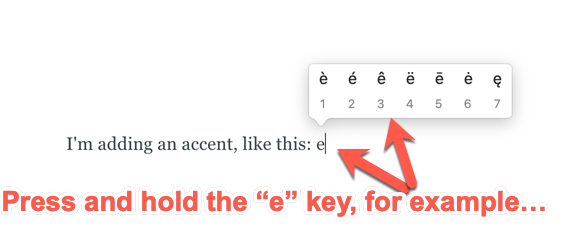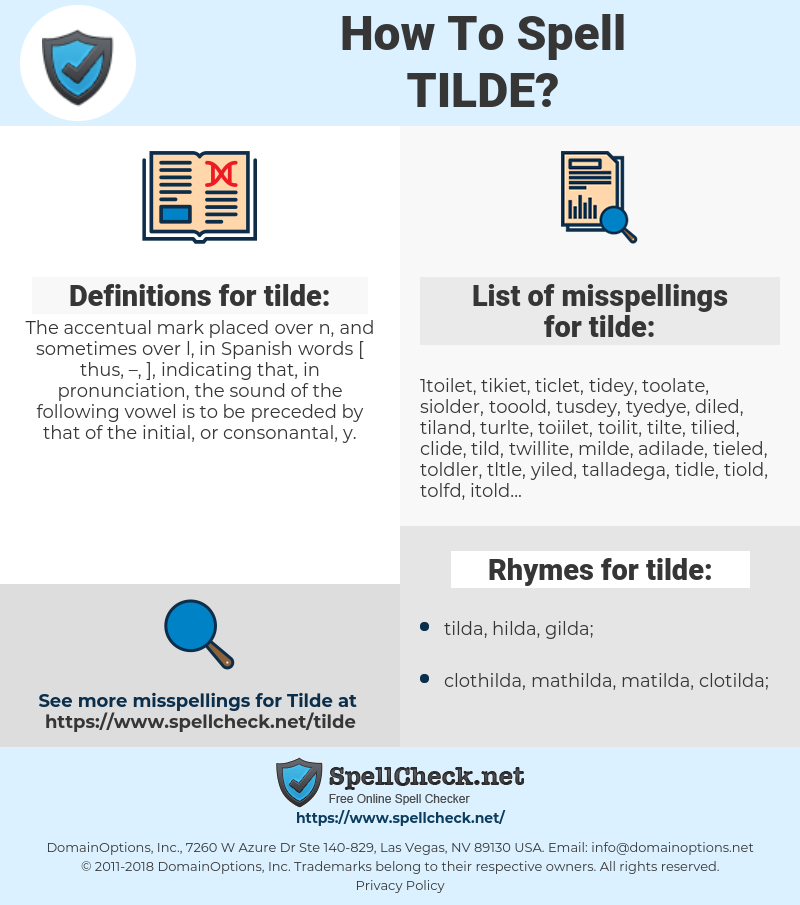

If an accepted English form exists, use that: write Munich, not München, Montreal, not Montréal, The Magic Flute, not Die Zauberflöte. So far as you can produce them, therefore, these are the forms you should use even when writing in English. The French politician is François Mitterrand, the Spanish golfer is José-María Olazábal, the Polish linguist is Jerzy Kuryłowicz, the Turkish national hero is Mustafa Kemal Atatürk, the beleaguered town in the former Yugoslavia is Goražde, Wagner's opera is the Götterdämmerung and the French film is Zazie dans le Métro. Places or titles of literary and musical works. You are most likely to need to do this when citing names of persons or When you are citing a word, a name or a passage from a foreign language which uses diacritics, you should make every effort to reproduce those diacritics faithfully.įortunately, most word processors can produce at least the commoner diacritics.

`from' Polish has łza `tear', źle `badly' and pięć `five' Turkish has kuş `bird' and göz `eye' Welsh has tŷ `house' and sïo `hiss', and so on. Mañana `tomorrow' and ángel `angel' Norwegian has brød `bread' and frå `father' German has Wörter `words' and tschüss `good-bye' Spanish has Thus, French has words like été `summer', août

Squiggles which, in many languages, are written above, below or on top ofĬertain letters of the alphabet to indicate something about their pronunciation. Diacritics, often loosely called `accents', are the various little dots and


 0 kommentar(er)
0 kommentar(er)
